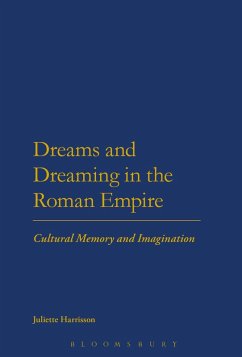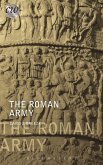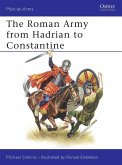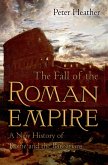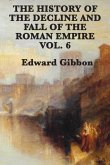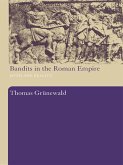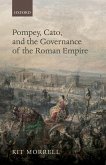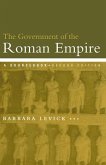The history and literature of the Roman Empire is full of reports of dream prophecies, dream ghosts and dream gods. This volume offers a fresh approach to the study of ancient dreams by asking not what the ancients dreamed or how they experienced dreaming, but why the Romans considered dreams to be important and worthy of recording. Dream reports from historical and imaginative literature from the high point of the Roman Empire (the first two centuries AD) are analysed as objects of cultural memory, records of events of cultural significance that contribute to the formation of a group's cultural identity. The book also introduces the term 'cultural imagination', as a tool for thinking about ancient myth and religion, and avoiding the question of 'belief', which arises mainly from creed-based religions. The book's conclusion compares dream reports in the Classical world with modern attitudes towards dreams and dreaming, identifying distinctive features of both the world of the Romans and our own culture.
Bitte wählen Sie Ihr Anliegen aus.
Rechnungen
Retourenschein anfordern
Bestellstatus
Storno

